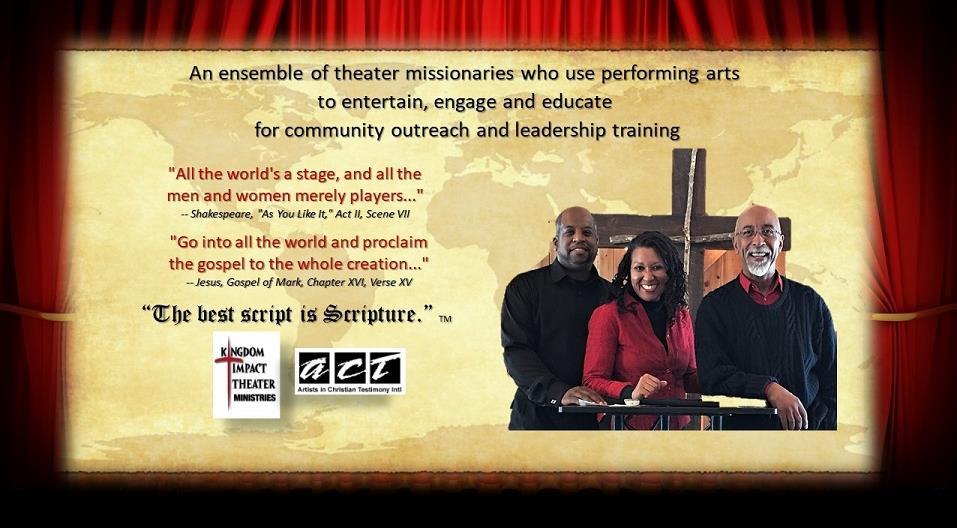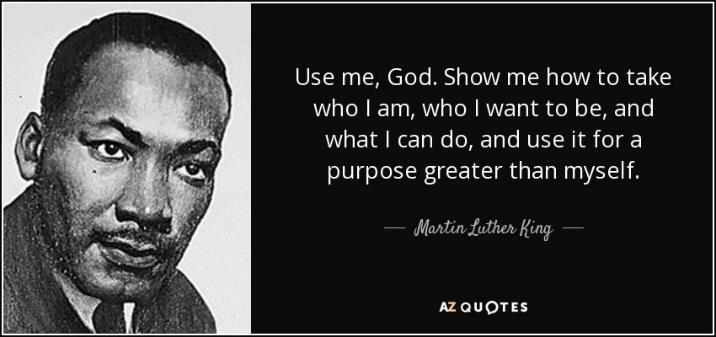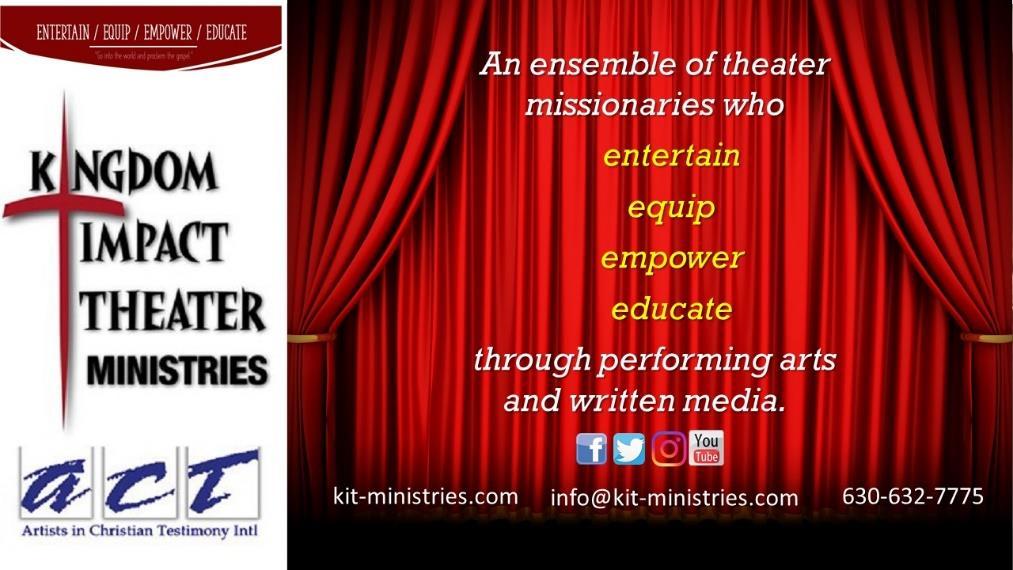
7 minute read
Things You Should Know
THE SCRIPT MARTIN ”Sometimes I wonder if all they know about me is That Speech and Memphis.”
Public Perception
Advertisement
• Martin Luther King was not as popular when he lived as he became after his assassination.
• His birthdate, January 15 (1929) became a national U.S. holiday in 1983 during Ronald Reagan’s presidency. However, the date was not recognized in all 50 states until 2000.
• He was criticized by black and white contemporaries. He was criticized as a civil rights advocate because he either moved too fast, or too slow.
• He was criticized as an American citizen by individuals who thought he should only protest about civil rights and not politics, economic or military matters.
The Streets
• More than 1,000 roadways worldwide honor Rev. Dr. Martin Luther King Jr., a reflection of his enduring impact across cultures.
• The first street renamed in his honor occurred less than a week after his assassination,
April 4, 1968. This was in Haarlam in the Netherlands.
• There was not a street named for him in Memphis, the city where he was slain, until 2012.
Personal Life
• His name was changed by his father, Rev. Michael King Sr., who visited Germany in the 1930s and became fascinated by the radical, non-violent work of 16th century monk Martin
Luther. “Daddy” King also changed his own name in honor of Martin Luther.
• As happened with Martin Luther, followers of Martin Luther King were prone to violent rebellion countering the principles of their founder.
• King’s work later expanded to include economic and social injustice, which included, to him, opposition to the war in Vietnam.
1723 Roosa Lane Elk Grove Village, IL 60007 www.kit-ministries.com 630-632-7775
Things You Should Know
Education and Activism
THE SCRIPT MARTIN “I dream that children partake of the advantages afforded this nation…”
Education and Work Credentials
• Freshman, Morehouse College, Atlanta, 1945. Age 15. • Graduate, Morehouse, 1948: Bachelor of Arts (Sociology), Age 19. • Graduate, Crozer Theological Seminary, Chester, PA, 1951: Bachelor of Divinity, Age 21. • Graduate, Boston University, 1955: Doctorate of Philosophy in Systematic Theology, Age 26. • Pastor, Dexter Avenue Memorial Baptist Church, Montgomery, AL,1954-1960.
Influences
• Henry David Thoreau, 19th century author • Benjamin E. Mays, pastor, president, Morehouse College • Mahatma Ghandi, lawyer, non-violence activist
Educational Background: Sparknotes Biography
Controversies
• King’s alliances with multi-ethnic coalitions led to charges that he was a Communist. This fear led to investigations and wiretaps by the Federal Bureau of Investigation. • The wiretaps were approved by attorney general Robert Kennedy hoping to disprove theories of Communist infiltration, as feared at the time as the fear of terrorist cells today.
• The wiretaps exposed that King had extra-marital affairs. Recordings of these affairs were sent to his wife hoping the embarrassed Kings would stop their civil rights work. They did not.
• The tapes showed King was as vulnerable to temptation as any man; and that the Kings had marital challenges, as any couple. They remained a couple.
• After King’s assassination, Mrs. King took up his causes and became more vocal about injustice and continued so until her death.
Robert Kennedy Killed
Events in 1968 Rev. King Did Not Live To See
Riots at Democratic National Convention
Mexico City Olympics Boycott Richard Nixon Elected President
First Manned Flight to Moon and Back to Earth The move “Love Story”
1723 Roosa Lane Elk Grove Village, IL 60007 www.kit-ministries.com 630-632-7775
Social Justice & Theological Impact: The Summer of ‘63
Southern Christian Leadership Conference (SCLC)
THE SCRIPT
MARTIN “Do the streets proclaim that I’m a Reverend for the gospel of Christ? How that influenced the work of the Southern Christian Leadership Conference?
The SCLC, a coalition of Negro ministers and social activists, formed in 1957, an outgrowth of the recently-completed Montgomery Bus Boycott that brought Rev. King and Rosa Parks to prominence. The SCLC was committed to mixing faith, non-violent protest, social activism and legal resolutions to end segregation. This mix was often criticized, especially among African-Americans. Congregations argued churches should have only a spiritual role in civic matters. Younger black activists were more eager to meet violence with violence as the 1960s developed. SCLC decisions were inspired, in part, by ideas Rev. King adapted from the Billy Graham Evangelistic Assn. Although friendly with many Southern segregationists, Rev. Graham was a clandestine SCLC advisor.
Letter from A Birmingham Jail
THE SCRIPT CORETTA ”That was your Jesus-clearing-the-temple moment.”
In April 1963, eight white religious leaders in Birmingham, AL, issued a statement acknowledging racial segregation should be dealt with, but that non-violent protests endangered the community and should be toned down. Dr. King, jailed for leading such protests, broke his rule of not answering to criticism and crafted a began writing his response in longhand on a legal pad. The Christian Century magazine published King’s letter, which included historical, cultural illustrations of civil disobedience underscored by Old and New Testament examples. King’s letter was published first in The Christian Century magazine and later became required reading in many college literature programs.

Text: A Call for Unity, concerns from eight religious leaders, April 12, 1963 (Good Friday) Text: Letter from a Birmingham Jail, Martin Luther King’s response, April 16, 1963.
1723 Roosa Lane Elk Grove Village, IL 60007 www.kit-ministries.com 630-632-7775
THE SCRIPT
MARTIN “The recite it! They memorize it! But do they KNOW it? Do they LIVE it?”
On August 28, 1963, over 250,000 spectators witnessed the speech that concluded the March on Washington for Jobs. The spot from which Rev. King spoke on the steps of the Lincoln Memorial overlooking the National Mall in Washington, D.C. is marked for visitors.
Text of “I Have a Dream”

After The Letter; After the Speech

None of King’s words brought immediate healing. On September 15, 1963 -- two months after King’s letter, two weeks after King’s speech -- the 16th St. Baptist Church, a Civil Rights hub in Birmingham, AL, was bombed during Sunday worship. Four black teen girls were killed. Four white extremists were arrested and convicted: a process that took from 1977 to 2002.
.Script References to Further Research
Mahama Ghandi John F. Kennedy J. Edgar Hoover Robert Kennedy Mahalia Jackson Barack Obama
THE SCRIPT
1723 Roosa Lane Elk Grove Village, IL 60007 www.kit-ministries.com 630-632-7775
MARTIN ”The dreams of which I spoke are not my dreams, they are the multitudes who went before me…before us…who stand among us…who will come after.”
Questions You Have
Because of seeing “Strolling Down MLK Street,” what questions do you have, about the show or about the Kings’ lives?
Questions from the Show
• What Did Martin Luther King and Coretta Scott King do that inspires you?
• How have relationships or activities changed in your neighborhood because of the spirit of Rev. and Mrs. King?
• What’s one thing you wish to do that seems impossible, but you still believe you can get it done? What resources do you need?
Music in The Show
Martin Luther King loved music, and both Kings were musicians. Coretta was a classical singer and pianist. Martin played guitar. Singer Mahalia Jackson was a close family friend. The following songs were referenced in the script. Enjoy the videos. Soon and Very Soon
Everybody Talkin’ About Heaven Ain’t Going There Free at Last
The Stroll (Dance Illustration) – Dick Clark’s American Bandstand (1968) The Impossible Dream – Brian Stokes Mitchell
1723 Roosa Lane Elk Grove Village, IL 60007 www.kit-ministries.com 630-632-7775
Conversations For Talk or Journaling
• What does “content of their character” mean to you? List positive character traits. How do you, your family or friends honor Dr. King by living by these character traits. • If you are not African-American, using Dr. King’s life as a model, who are the individuals from your cultural heritage you recommend your friends learn about?
• What facets about Rev. King’s faith do you understand differently or for the first time? How do your faith, religious or spiritual experiences influence your behavior or community participation?
Scriptures in the Show
The following passages were quoted during the script. Why? Which passage(s) resonate with you? Why?
Mrs. King: “O love the Lord, all ye his saints: for the Lord preserveth the faithful, and plentifully rewardeth the proud doer.” – Psalm 31:23 (King James Version)
Mrs. King: “Precious in the sight of the LORD is the death of his saints.” – Psalm 116:16 (King James Version)
Rev. King: “If my people, which are called by my name, shall humble themselves, and pray, and seek my face, and turn from their wicked ways; then will I hear from heaven, and will forgive their sin, and will heal their land.” – 2 Chronicles 7:14 (Multiple Translations)
Rev. King: “I beheld, and, lo, a great multitude, which no man could number, of all nations, and kindreds, and people, and tongues, stood before the throne, and before the Lamb…” -- Revelation 7:9 (Multiple Translations)
1723 Roosa Lane Elk Grove Village, IL 60007 www.kit-ministries.com 630-632-7775







